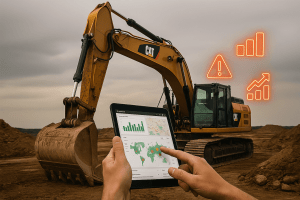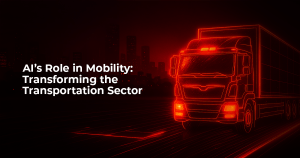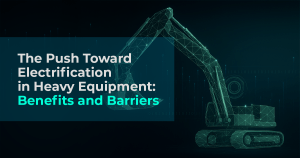The construction industry in 2025 is facing one of its most transformative years yet. Economic pressures, new regulations, and rapid technological advances are redefining how contractors and fleet managers approach their operations. In the GCC and beyond, decision-makers are navigating a complex mix of rising costs, sustainability mandates, and digital transformation.
At TENDERD, we have a front-row seat to these changes. Working with some of the largest contractors and project owners in the region, we see the challenges and opportunities firsthand. As we cross the halfway mark of 2025, here are the five major trends shaping construction equipment management and how TENDERD helps companies stay ahead of the curve.
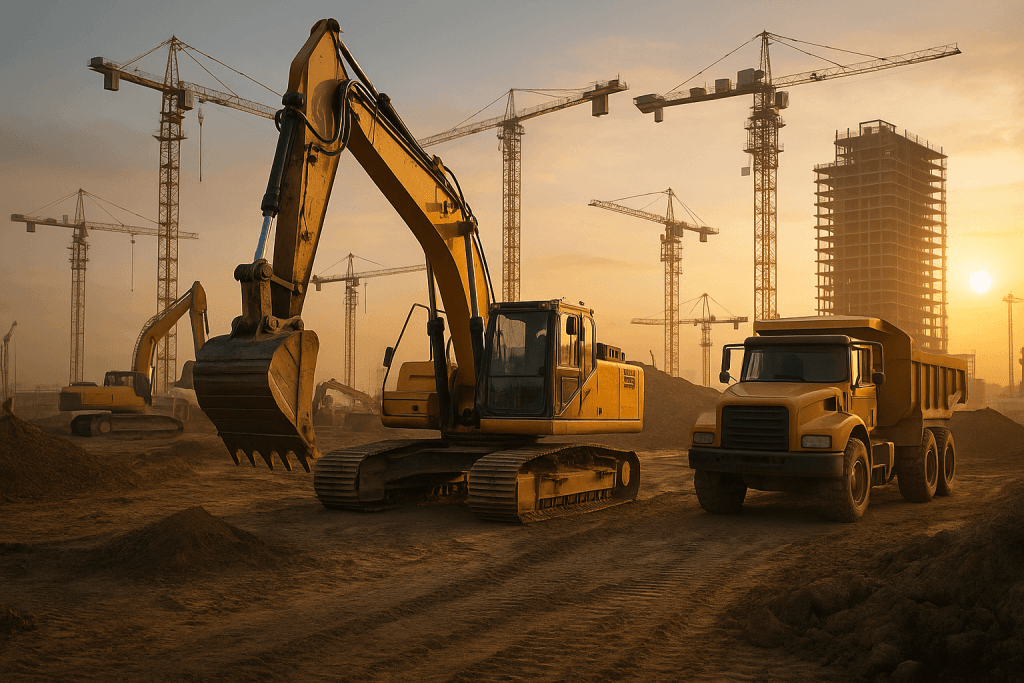
1. Fuel Costs Are Reshaping Budgets
Fuel has always been a major cost in construction, but in 2025, it’s hitting unprecedented levels. Diesel prices in the GCC are up more than 40% year-to-date, making fuel one of the single largest line items in project budgets.
For many contractors, this increase is eroding profit margins and forcing tough trade-offs from delaying equipment upgrades to cutting back on site resources. Inefficient fuel use, such as excessive idling or poor route planning, compounds the problem.
How TENDERD Helps:
Our AI-powered monitoring and analytics tools give you full visibility into fuel consumption across your fleet. By tracking real-time usage, idle time, and operational patterns, TENDERD identifies where fuel is being wasted and provides actionable recommendations to fix it. On average, our customers see fuel cost reductions of 10% or more without compromising productivity.
This isn’t just about cost savings it’s about resilience. In a volatile fuel market, operational efficiency is the best shield against price shocks.
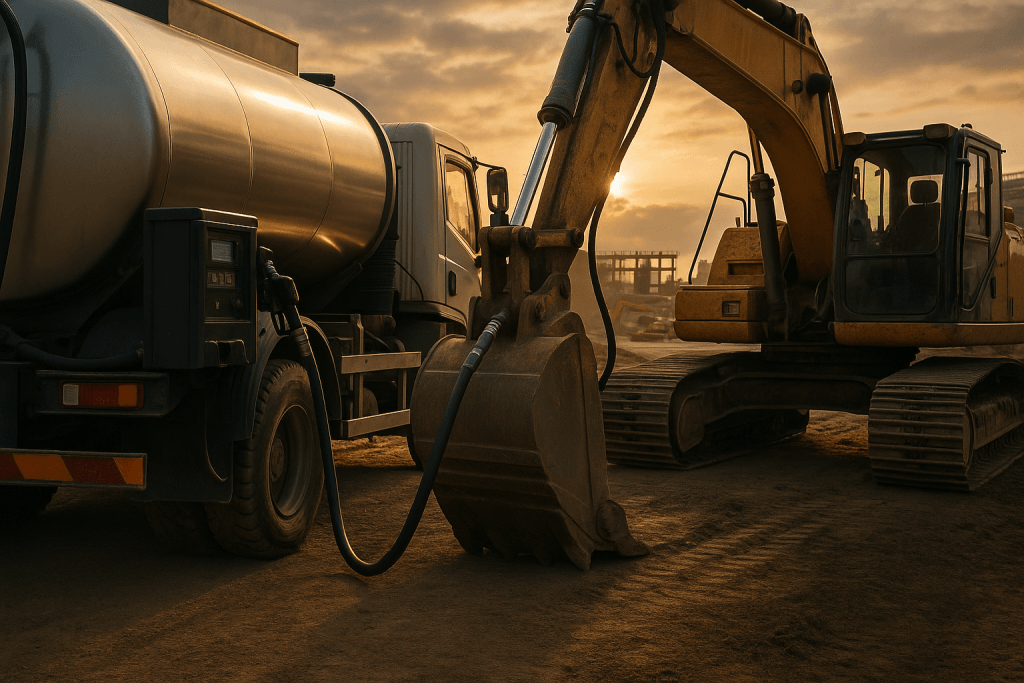
2. Sustainability & ESG Commitments Are Accelerating
Environmental performance is no longer just a CSR checkbox. Increasingly, project owners and government clients require proof of low-emission operations as a prerequisite for winning contracts. ESG (Environmental, Social, and Governance) criteria are making their way into tender documents, and companies without credible reporting capabilities risk being left behind.
How TENDERD Helps:
TENDERD’s platform automatically tracks CO₂ emissions for both diesel and electric equipment in mixed fleets. This data is integrated into customizable, audit-ready reports that can be shared with clients, regulators, or investors.
By embedding emissions tracking into day-to-day operations, we help customers not only meet but exceed ESG requirements turning sustainability into a competitive advantage that strengthens bids and builds trust with stakeholders.
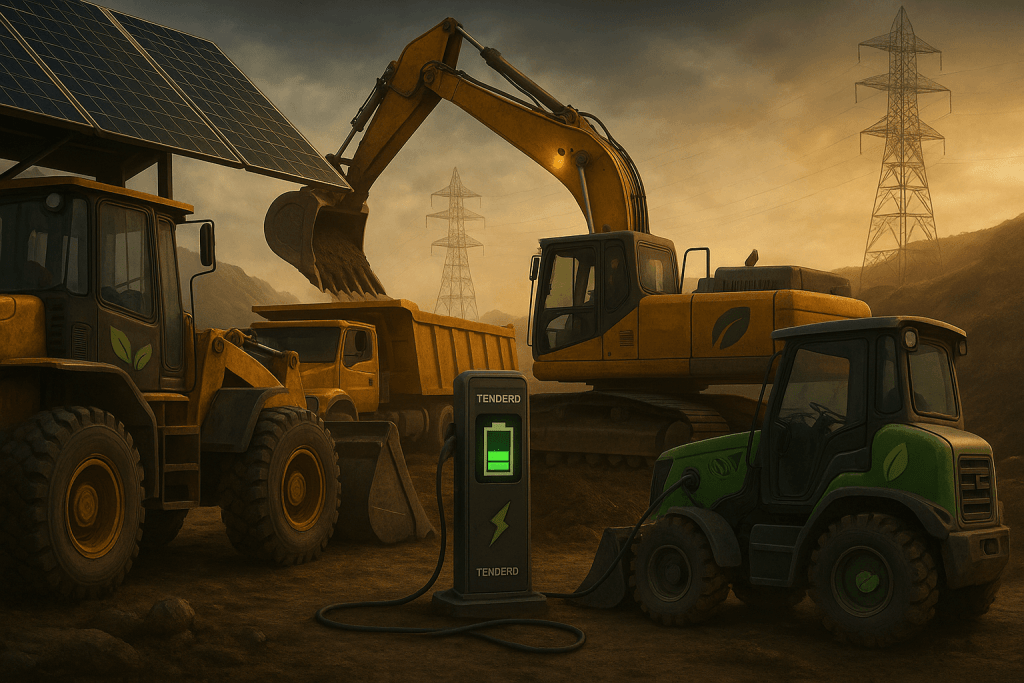
3. Electrification Is on the Horizon
The push for cleaner construction sites has sparked growing interest in electric and hybrid construction equipment. These machines promise quieter operation, zero on-site emissions, and lower long-term maintenance costs.
However, the shift isn’t simple. High purchase prices, limited charging infrastructure, and uncertainty around ROI make many contractors hesitant. Without careful planning, early adopters risk underutilizing expensive assets.
How TENDERD Helps:
We provide data-backed insights on when and where electrification makes sense. By analyzing usage patterns, site readiness, and operational demands, TENDERD helps contractors integrate electric equipment strategically, ensuring maximum uptime and cost-effectiveness.
Our platform also supports mixed fleet management, allowing teams to track both diesel and electric equipment in one place, so the transition to electrification is seamless, not disruptive.
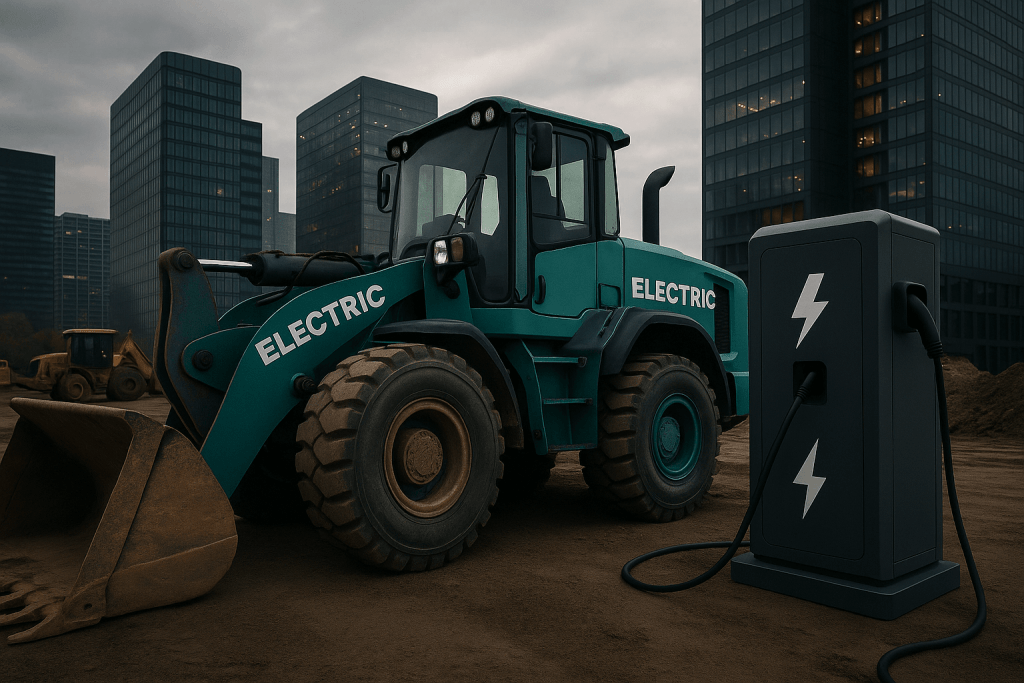
4. Data Integration Is No Longer Optional
For years, many construction firms have relied on a patchwork of systems one for OEM telematics, another for maintenance scheduling, and yet another for asset tracking. The result? Data silos, duplicated work, and slow decision-making.
In today’s fast-moving projects, this approach is no longer viable. Stakeholders need a single source of truth that unifies operational data across the organization.
How TENDERD Helps:
TENDERD integrates OEM feeds, third-party telematics, and manual inputs into one central platform. This means project managers, fleet supervisors, and executives can all see the same real-time information from equipment location and utilization to fuel burn and maintenance status.
By removing fragmentation, companies can make faster, more informed decisions, improve coordination between teams, and reduce costly errors caused by outdated or incomplete data.

5. Predictive Maintenance Is Driving Uptime
Equipment downtime is one of the most expensive and frustrating challenges in construction. A single unexpected breakdown can delay an entire project, rack up rental costs, and damage client relationships.
How TENDERD Helps:
Our AI-driven predictive maintenance tools analyze sensor data, operating conditions, and usage patterns to flag issues before they lead to breakdowns. This allows teams to schedule repairs during planned downtime, extend asset lifespan, and avoid last-minute disruptions.
The result is higher uptime, lower repair costs, and more predictable project delivery all critical factors in maintaining profitability and reputation in competitive markets.
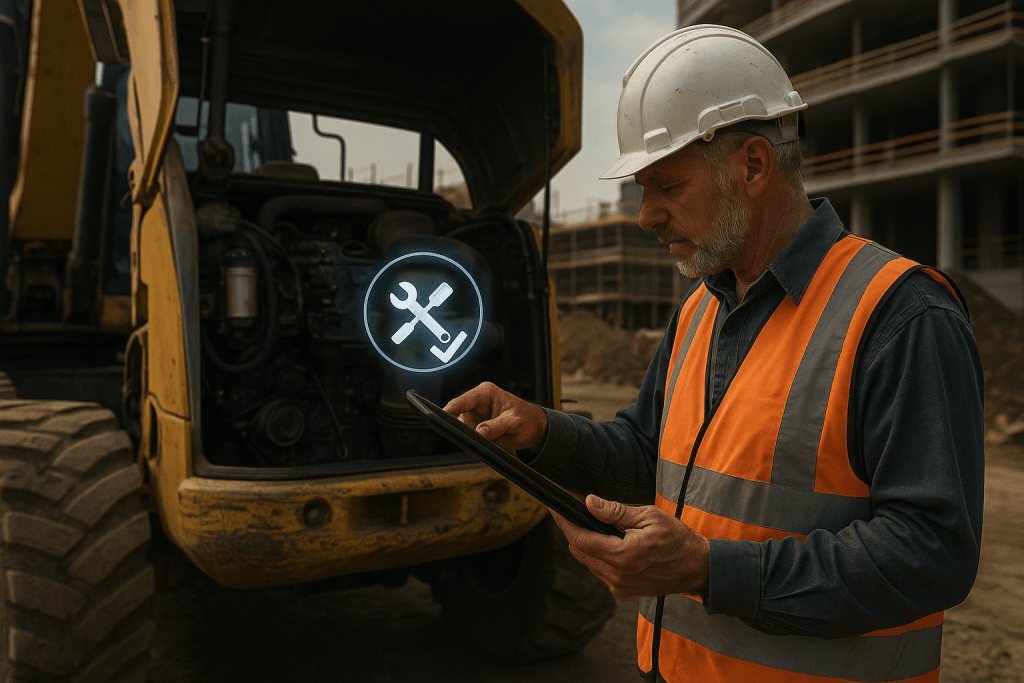
The Bottom Line
The construction equipment landscape in 2025 is defined by cost pressure, sustainability demands, and the race toward digital transformation. These shifts aren’t slowing down and companies that fail to adapt risk falling behind.
TENDERD’s AI-powered operational intelligence platform turns these challenges into growth opportunities. By delivering real-time visibility, predictive insights, and centralized coordination, we help contractors work smarter, save money, and build sustainably.
Ready to adapt and lead in the new construction era?
Email us at info@tenderd.com or book a demo to discover how TENDERD can future-proof your operations.



